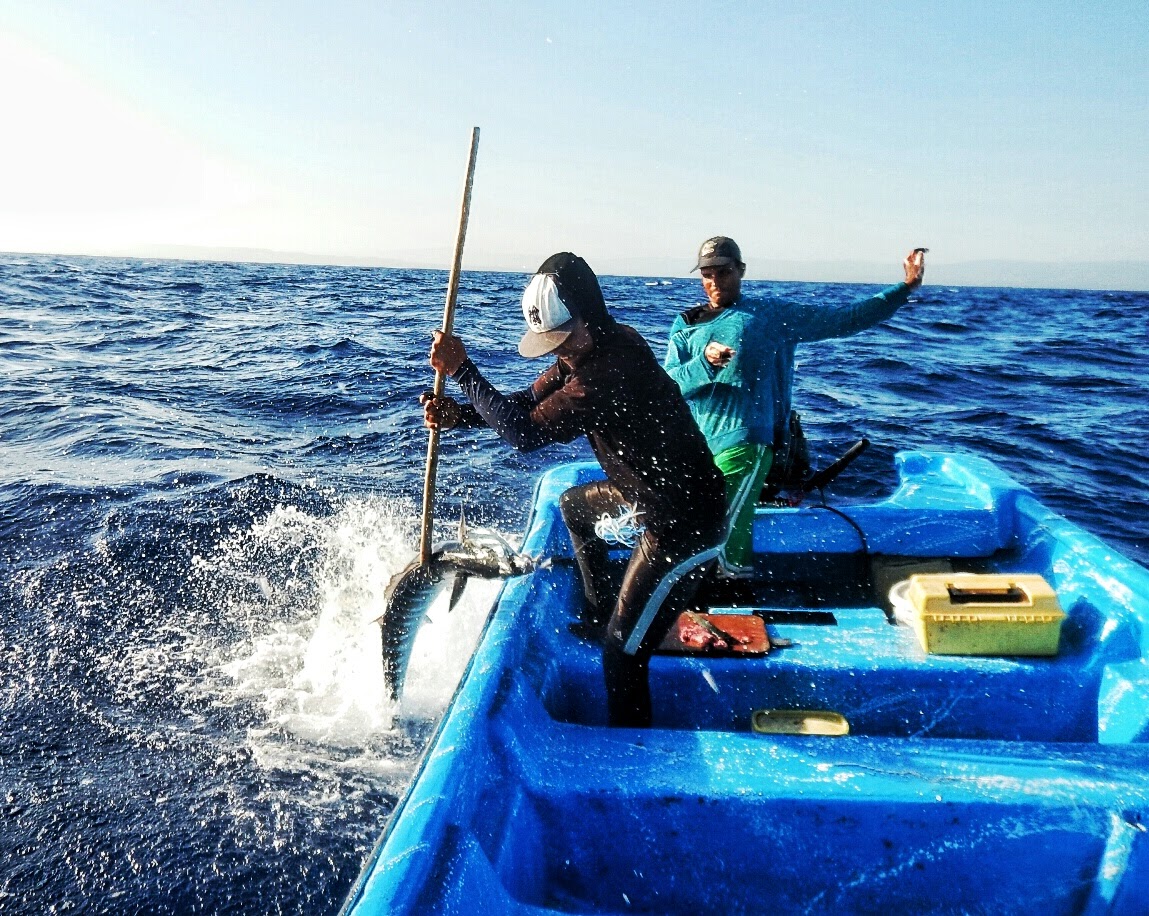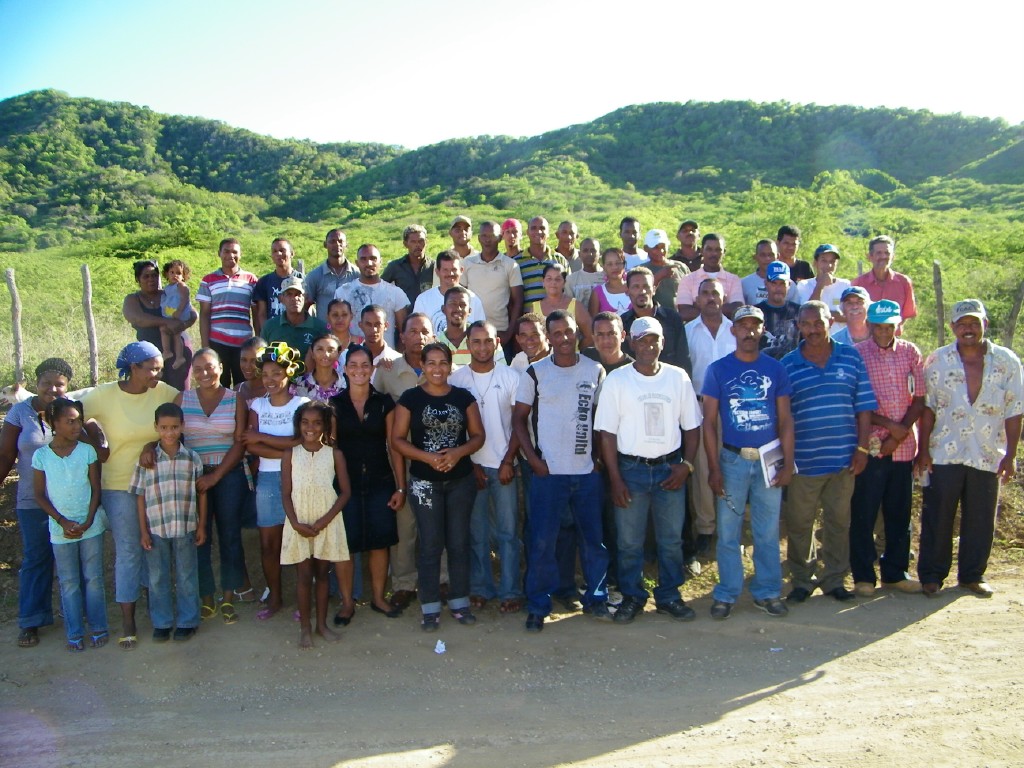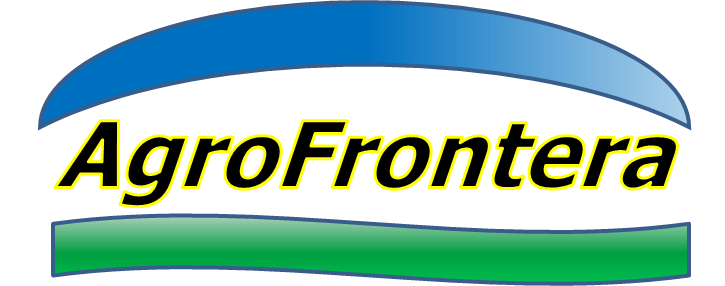Sustainable Fisheries
We work with a diverse group of local, national and international stakeholders and partners to devise and implement comprehensive community-based and scientifically sound fisheries management strategies that conserve marine biodiversity and contribute to improved livelihoods of families in coastal communities.
To facilitate sustainable management in these fishing communities, we work with stakeholders to:
+ Eliminate unsustainable fishing practices while promoting more sustainable alternatives

Perhaps the greatest threat to marine ecosystems in the region is overfishing. The widespread use of unsustainable fishing practices and methods have depleted fish stocks, threatening the very survival of coral reefs and the livelihoods of fishers and fish workers that these ecosystems support. AgroFrontera is partnering with fishing communities to devise strategies to reduce fishing pressure on near-shore reefs.
AgroFrontera, CODOPESCA and other partners are working with fishers to encourage the adoption of more responsible fishing practices. The project is evaluating the socio-economic and environmental impacts of fishing methods that may be employed in other areas of the fisheries that are less exploited. For example, the project is working with fishers to evaluate Fishing Aggregating Devices (FADs), traps and hook and line.
+ Build capacity and engage with government agencies to strengthen fisheries management

The Ministry of the Environment and Natural Resources of the Dominican Republic has unveiled management plans for the Marine Protected Areas (MPAs) in Montecristi Province. The plans, which focus on arresting the erosion of biodiversity of habitats, establish the governance framework that stresses the empowerment of local stakeholders in MPA management. AgroFrontera is working with local stakeholders and the Dominican government to transform management plans to management actions.
AgroFrontera and its partners are working with fisher communities, government agencies, private for profit and non-profit organizations to:
- strengthen the capacity of the management plan team to effectively administer the implementation of the co-management plan
- assist stakeholders in the implementation of the management plan
- conduct an applied socioecological research program to guide management programs and activities
+ Understand social, economic & environmental contexts of fisheries management
The small-scale, community-based fisheries off the northwest coast of the Dominican Republic provide livelihoods and food security for fishers and fish worker and understanding the drivers of ecological and social outcomes in these fisheries is of great importance. Fishers are making individual and collective decisions that affect the diversity and productivity of the fisheries in Montecristi. Factors such as poverty, access to credit and markets and political forces are creating complex governance dynamics that impede the ability of fisheries to be managed sustainably. Dartmouth College researchers are leading a cross-community socioecological study that seeks to identify factors that enable or prevent fishers and other fisheries stakeholders to work together to effectively manage the MPAs in Montecristi.

